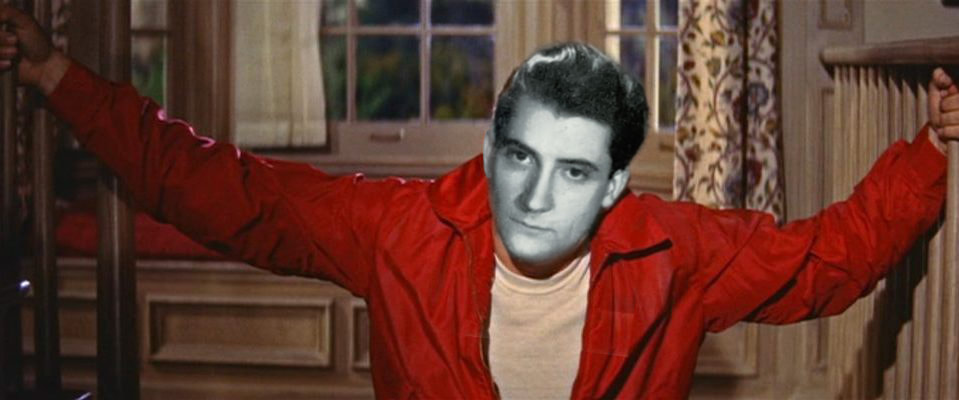by Tanya MilankovicBranko Miljković was one of the most famous Serbian and Yugoslav poets of the second half of the 20th century. He was born in 1934 in the Serbian city of Niš. In 1953, he moved from Niš to Belgrade for philosophy studies and graduated in 1957. He also wrote essays and reviews and was considered one of the leaders of the Neo-Symbolist movement which brought together Surrealism and Symbolism. He died prematurely in 1961 at the age of 27, found hanging from a tree in a park in the city of Zagreb, Croatia where he was living at the time. This controversial incident was officially recorded a suicide although it remains unclear to this day. He was an outspoken critic of the Communist Party, and it is possible that he was murdered by Croat Nationalists. Branko’s poem “Poem for my 27th birthday" was written shortly before his death and, given his untimely demise, is packed with insights of his views on life and death. As such, it has always been a bit haunting for me and inspired this translation.
(That last stanza is especially poignant, I feel, given the mystery surrounding his death.) The translation of poetry has always been regarded as a controversial practice within the already complex area of literary translation. Since poetry is a literary form in which content and form are inseparably linked, it is clear why it’s the most demanding form of translation. In its simplest form, translation of poetry is the transfer of complex poetic thoughts from one language to another. It could be argued that translation is little more than the creation of perfect echoes. And literally, I mean the echo that arises from a voice in a natural environment where words are repeated with some delay and some sound deformation. However, minimizing deformation depends on the context in which keywords are strategically placed—a nuance often lost in translation. The case is the same with deformation of sounds and the rhythm of songs, as well as loss of articulation, which depends on the intended meaning and corresponding feeling for their native language. By carefully observing both poem versions, you will notice that the English version sounds a bit “chaotic," as if the words were haphazardly chosen. One of the most problematic aspects of poetry translation is that it produces an extremely "condensed" and compacted form of the original poem, whereas the language of poetry is based on connotations not denotations. Newer approaches to translation recognize that the former opposition to the translation of poetry—that is, the emphasis on its non-conducive nature, was focused on the inability to fully transfer all aspects of the original poetic work into the target language, its cultural definitions and traditions. In the twentieth century, the task of translating was simply to transpose the original lyrical work, but it must also keep its poetic value and function in the target language as an independent poetic form (without comments or footnotes). Since each song or poem is a story in itself, each compiler, in defining priorities, is left to oneself and is faced with many choices. In short, translating a poem is like trying to sing a song that’s been written as a crossword puzzle. - - - - -
0 Comments
Your comment will be posted after it is approved.
Leave a Reply. |
Copyright © 2018-19. Bread and Beauty. All Rights Reserved. Site Design by NightOwl.



